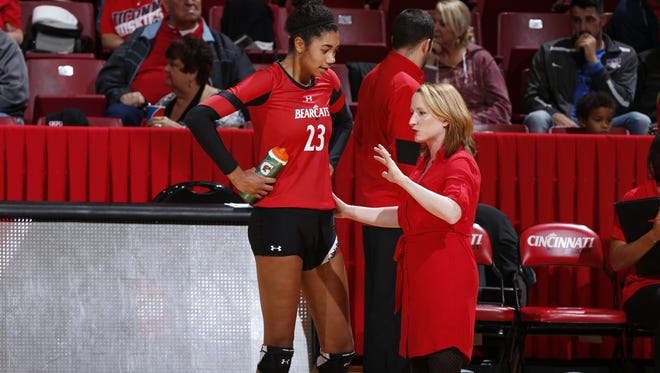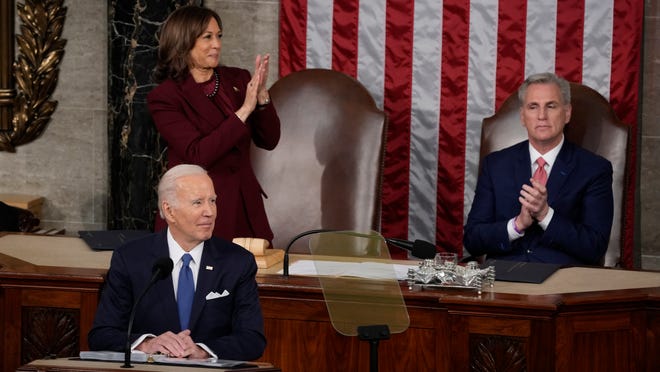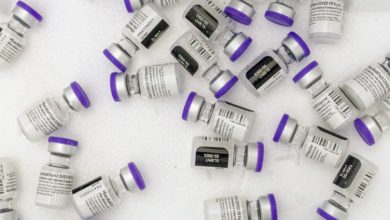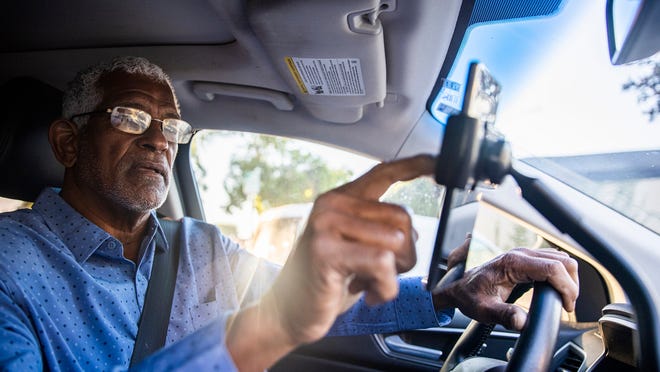Dr. Phil McGraw is celebrating a milestone in his career: 20 years on television.
Even before social media, the Oprah-endorsed "Dr. Phil" (she's a producer) showcased open conversations about the "silent epidemic" of the mental-health crisis.
"We were going to talk about those things you don't really talk about in polite society and were going to try to take mental health and illness to the forefront of the narrative in America," McGraw recalls about those early says of his syndicated daytime talk show.
Now, two decades later, he continues to uphold his mission statement with his show's 20th season (weekdays; check local listings), exploring modern conversations about panic attacks, anorexia, cyberbullying and more – topics that can trigger burnout and exhaustion for the talk-show host.
"It's true that sometimes the topics can be really heavy … and it's a totally immersive experience, so you get completely involved with the family, the story and you kind of put it on like a heavy parka," he says.
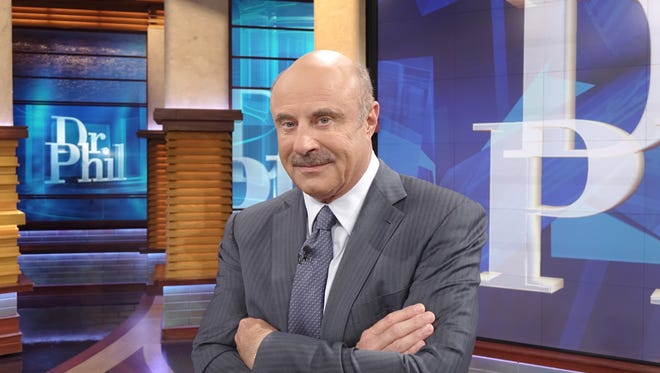
Dr. Phil:This is why everyone is talking about Dr. Phil's house
What is burnout? Languishing?:A mental health glossary to explain what you're feeling
But "once you're done, you have to kind of compartmentalize it and move on to the next story," he says. He doesn't "ever forget it, but you have to put it to the side and move on, or else it'll be story after story, and it'll be such a burden.
"We don't deal with problems all day. We deal with solutions," he emphasizes. "Because if you focus just on the problem, it really gets heavy. But if you realize, 'Hey. we are giving people tools and solutions,' then there's a light at the end of the tunnel, and you feel hopeful."
Despite his good intentions, McGraw has faced backlash for exploiting guests facing mental-health struggles. In 2008, he apologized for issuing a public statement about his hospital visit to Britney Spears, and more recently, he was criticized for "sensationalizing" actress Shelley Duvall's mental illness in a controversial 2016 promotional video.
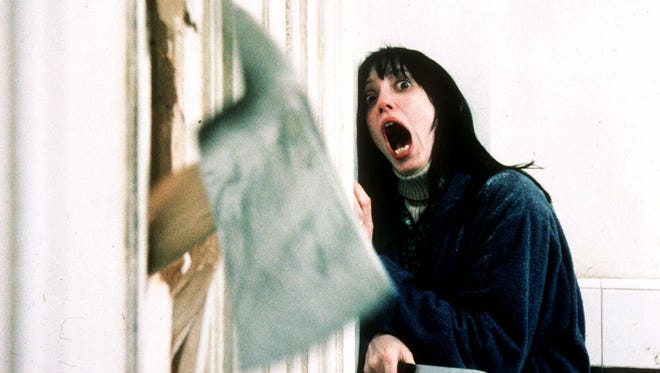
More on Britney Spears:Britney Spears is 'speaking her truth.' Are we listening?
McGraw acknowledges "there is a thin line and a balance" between profiting off the mentally ill and spreading awareness, citing a new "Dr. Phil" episode to illustrate what he sees as the benefit of his show.
"I spoke to the audience before the guest came out and said, 'We're going to have a guest come out here in a few minutes that has some pretty unusual thinking that might even sound comical in some regards, but I want everyone to remember that this is their life and to them, this is very real," McGraw says.
Showcasing these open conversations in real time "allows us to talk about these issues in a serious way, so people could go, 'Wow, my Uncle Bob is exactly that way, and I didn't realize this is a mental illness. It's not just him being wacky or bizarre.'"
The topics are "serious. It's on TV for a reason. We take it seriously as we go through it and I think if you go about it that way, people respect the fact that you're doing it for a reason."
Mental health content on social media:Mental health TikTok is powerful. But is it therapy?
McGraw looks forward to continuing these candid discussions, while honing in on pandemic-specific issues, such as overcoming quarantine-related anxiety.
One modern topic of conflict he's noticed within friendships and relationships is the debate over COVID vaccines.
"I've been so frustrated by the fact that we have politicized healthcare," McGraw says. "We've politicized something like the vaccine. We didn't do this when I was growing up with the polio vaccine and the smallpox vaccine. Nobody politicized that. It was just, 'Hey this is a threat, a disease and we have a way to fight it.'"
Nicki Minaj refused to get vaccinated:Dr. Fauci, fans respond with research
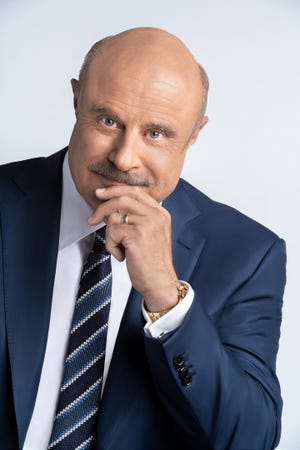
But now, it's "become political football. I just hope people will say, 'Look, this isn't a political thing. I need to really look at the science and find a trusted outlet, whether it's a university or a medical school, somebody who doesn't talk politics and just talks science.'"
McGraw also urges people not to listen to athletes or celebrities – including himself.
"I'm not an infectious disease expert. I encourage people to get the vaccine because I think it's a selfless thing to do," he says. "The only reason people should listen to me is because I refer them to the scientists, and if what I say doesn't withstand the test of science, then throw it out."
As for those who "don't think the science is complete or supported," McGraw says he understands.
"Make up your own mind, I get it. But don't make your mind up because of politics. Look at the science, that's all I'm saying. And if you still say, 'Wow it's inconsistent and I'm not satisfied,' then OK, I respect that. But just look at the science."


